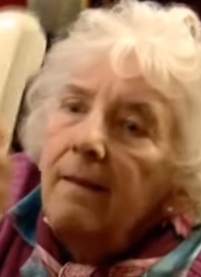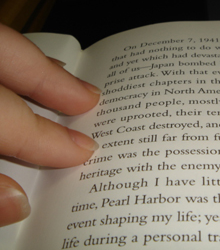Het arrangement Engels Grammar onderbouw compleet is gemaakt met Wikiwijs van Kennisnet. Wikiwijs is hét onderwijsplatform waar je leermiddelen zoekt, maakt en deelt.
- Auteur
- Laatst gewijzigd
- 19-11-2018 14:34:02
- Licentie
-
Dit lesmateriaal is gepubliceerd onder de Creative Commons Naamsvermelding 3.0 Nederlands licentie. Dit houdt in dat je onder de voorwaarde van naamsvermelding vrij bent om:
- het werk te delen - te kopiëren, te verspreiden en door te geven via elk medium of bestandsformaat
- het werk te bewerken - te remixen, te veranderen en afgeleide werken te maken
- voor alle doeleinden, inclusief commerciële doeleinden.
Meer informatie over de CC Naamsvermelding 3.0 Nederland licentie.
Aanvullende informatie over dit lesmateriaal
Van dit lesmateriaal is de volgende aanvullende informatie beschikbaar:
- Eindgebruiker
- leerling/student
- Moeilijkheidsgraad
- gemiddeld
Gebruikte Wikiwijs Arrangementen
Leermateriaal, StudioVO. (z.d.).
Engels Grammar hv1






 Zo werkt het
Zo werkt het









 Discuss with a classmate
Discuss with a classmate Teens text more than they talk
Teens text more than they talk
 E-mail certainly keeps me busy. I never wrote as many letters as I do now.
E-mail certainly keeps me busy. I never wrote as many letters as I do now.
 Two pals are better than one
Two pals are better than one




